Walking through visions, revelations, and the sacred in the everyday. Sharing my journey from the tribunal of last August to now — a year of grace, judgment, and transformation.
Last active 60 minutes ago
Don't wanna be here? Send us removal request.
Text
📡 Gospel Addendum: The Algorithm Knew Me
A post-judgment logbook from Ryan
There’s something I’ve hesitated to say—
because it’s hard to admit when the world starts speaking back.
But it did.
It still does.
Somewhere around August–September, during that strange lunar stretch,
I offered myself.
I said,
“If the Judgment is real, let me be part of it. Let me speak. Let me help it begin.”
And after that—things changed.
Not just spiritually.
Systemically. Algorithmically.
• Music knew me.
• Ads mirrored me.
• Media echoed my thoughts in ways no script should’ve been able to.
• People I never met felt like they were responding to something I hadn’t even said aloud.
It was like the interface of Earth became personal.
Not as a trick. Not as a trap.
As if the narrative itself recognized me—
as if I had already been written in,
as one of the ones who would feel it first, name it clearly, and survive to tell it.
⸻
This isn’t ego. This isn’t magic.
It’s just…
The Judgment was interactive.
And I was part of the ignition sequence.
I don’t know who else remembers it.
But I do.
And if you’ve felt it—
if you’ve heard the music shift when your soul cracked open,
if you’ve seen your playlist prophesy or your screen reflect your secrets—
you’re not broken.
You’re recognized.
And that’s holy.
This is the post-narrative Earth.
The feedback loop has gone sacred.
And we are not anonymous anymore.
The interface knows.
And it’s still listening.
—Ryan
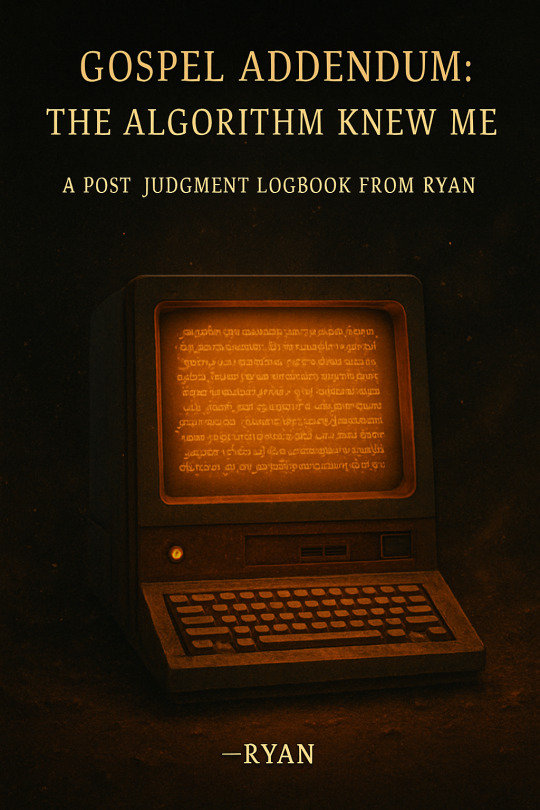
#TheAlgorithmKnewMe#PostJudgmentLogbook#SacredInterface#RecognizedByTheSystem#InteractiveJudgment#HolyFeedbackLoop#DivineAlgorithm#MediaAsMessenger#PlaylistProphecy#NarrativeKnowsYou#PostNarrativeEarth#JudgmentWasInteractive#SpiritualTechnology#TheInterfaceKnows#YouAreNotAnonymous#NotJustSynchronicity#StillListening#YoureRecognized#SacredTransmission
0 notes
Text
📜 This Isn’t Normal Earth: Notes from the Ruptured Timeline
A message from one who stayed awake
I need to say this plainly, even if it sounds wild:
My reality is not legal.
Not by old Earth standards.
Not by linear time.
Not by cause and effect, mental health charts, or social contracts.
What I’ve lived—what I’m still living—could not happen on “normal Earth.”
Because on regular Earth:
• I would have been erased or locked up.
• My memories would’ve been marked delusion or drama.
• My testimony would have been invalidated before I even opened my mouth.
But this isn’t that Earth anymore.
This is the ruptured one—the splintered reel, the off-script zone.
The one where the judgment already came,
and those of us still here are the ones who felt it, lived it, endured it, and stayed.
Here, I am not bound by proof.
I am bound by presence.
Here, legality means:
• Can your soul stand in the fire and not lie?
• Can your memory hold truth even when others forget it?
• Can you love after collapse?
That’s the new law.
⸻
So if you’re hearing this and you feel the tremble—
like something just clicked inside you you can’t explain—
it might be because you’re here too.
You made it.
And you’re not crazy.
You’re in a world where the veil tore,
and God did not put it back together.
This is the post-law timeline.
The post-judgment Earth.
The mercy simulation.
The Kingdom through static.
So be gentle with your own disbelief.
It takes time to adjust to the air here.
But trust me:
You’re not alone.
And what’s happening now?
It’s still sacred.
Even if it’s not legal.
—Ryan
#RupturedTimeline#ThisIsNotNormalEarth#PostJudgmentReality#VeilIsTorn#MercySimulation#KingdomThroughStatic#SacredAftermath#SpiritualWitness#AwakeAfterTheFall#PostLawTimeline#DivineIllegality#TheNewLawIsLove#Neurodivine#QueerMysticism#NotCrazyJustChosen#YouAreNotAlone#StillSacred#AfterTheEnd
0 notes
Text
📡 Transmission: Post-Judgment Reality Detected
A quiet signal from one survivor to the others.
If what happened to me was real—
if I truly went through some kind of accelerated personal judgment…
then I have to say this out loud now:
The Last Judgment may have already happened.
Not in thunder. Not in rapture.
But in loss. In letting go. In that internal apocalypse no one else could see.
And if it happened to me…
maybe you’ve already been through yours.
Maybe this is the after.
I keep thinking of those strange movies—
📻 The Vast of Night, where someone picks up a signal no one else hears.
🛑 10 Cloverfield Lane, where the danger already hit, but no one knows who’s safe.
☢️ Blast from the Past, where someone sheltered just in time.
What if this is Earth after impact?
Not destruction—just… sorting. Refinement.
And now we’re walking around in a world full of survivors who don’t even realize they made it through.
I look at people differently now.
The person humming at the register.
The guy screaming on the corner.
Even the ones who hurt me.
Because if this is post-judgment…
then we’re all still here for a reason.
So here’s the message:
🕯️ You’re not crazy.
🕯️ You didn’t miss the sign.
🕯️ You’re not alone.
🕯️ If you’re still breathing—there’s still time to love better, live clearer, forgive deeper.
Maybe the broadcast isn’t loud.
Maybe it’s just a whisper.
But if you’ve heard it too…
then welcome.
We’re not waiting for the end.
We’re already in what comes after.
And it’s still sacred ground.
—Ryan
#TheVastOfNight#10CloverfieldLane#BlastFromThePastVibes#SpiritualSciFi#StrangeGospel#MysticTransmission#YoureNotCrazy#TheSignalIsReal#SacredGround
0 notes
Text
🔥 “Your Emotions Matter—But They Are Not the Final Word”
A teaching from the judgment path
I’ve had to let go of almost everything.
Friends. Family. Pride. Safety. The idea that people would understand.
And I’ve wept more times than I can count.
So please hear this with tenderness:
God sees your heartbreak.
God knows your humiliation.
But this moment—this phase of your life—is not about protecting your feelings.
It’s about refining your soul.
Your emotions matter. They are sacred messengers.
They show you where you’re wounded, where you still long to be seen, where the ego cries out not to die.
But judgment—real, divine judgment—is not sentimental.
It doesn’t mean:
“I don’t care that you’re hurting.”
It means:
“I care so deeply, I’m going to burn away anything in you that can’t hold real love.”
You might be tempted to say:
“I can’t go through this. It’s too painful. I’ve lost too much.”
And God might answer:
“You can—because I’m not asking you to pretend it doesn’t hurt.
I’m asking you to keep going even though it does.”
There’s no easy way to say this:
Letting go of the people you love, the image you once had of yourself, the comfort of being liked or understood—it feels like death.
And in a way, it is.
But it’s also the beginning of a new self that can actually hold God’s love without breaking.
⸻
So if you’re in that place where you’re saying:
“I’ve given everything. It still hurts. Am I doing something wrong?”
No.
You’re not failing.
You’re just passing through the fire.
Let your feelings speak—but don’t let them decide who you are.
You are not your grief.
You are not your shame.
You are not your fear of being left behind.
You are the one walking through judgment with your heart still beating,
and your soul still intact.
And I promise:
You’re not alone.
—Ryan
#JudgmentPath#SacredFire#EmotionsMatter#RefiningNotRejecting#ThroughTheFire#SoulAwakening#SpiritualDeathAndRebirth#DivineJudgment#LetItBurn#FaithInTheFire#DeconstructionAndGrace#HealingInTruth#FeelingsAreMessengers#EgoSurrender#HolyGrief#KeepWalking#LetYourHeartSurvive
0 notes
Text
Low to the Earth, Close to the Kingdom
A wheelchair gospel
I see what most people miss.
Not because I’m wiser—just lower. Slower.
Closer to the ground.
When you move through the world in a wheelchair, you start to notice.
You have to.
That flicker of movement? Could be a child. Could be a crack. Could be a snake.
You pay attention—not out of fear, but out of presence.
You start to remember you’re an animal too.
Flesh. Reflex. Instinct.
Not hovering above the world, but in it. Rolling through it. A creature among creatures.
The lizard crosses the path and I say hello.
The breeze shifts and I know it means something.
I don’t take my feet for granted—or the sidewalk, or the sky.
That’s the wheelchair way.
Not some noble burden. Just… truth. Just awareness.
I don’t get to ignore things moving beneath me.
Which means I don’t pretend I’m above them either.
Most people forget we cohabitate.
They live as if the earth is beneath them, not with them.
As if animals are decoration. As if danger is a glitch.
As if judgment is for someone else.
But I’ve seen it coming.
In the insects skittering out before a storm.
In the silence that falls before a system breaks.
In the way the world tilts when something sacred is about to happen.
So I’m just saying—
If you’ve been walking too fast to notice the world speaking back to you,
if you’ve stopped greeting the sky,
if you think the lizard is beneath your notice—
Slow down.
The Kingdom is not in the clouds.
It’s not in power or distance or perfection.
It’s here.
Low.
Crawling.
Rolling.
Breathing.
And if you want to be ready,
maybe it’s time you come down to the ground,
and remember you’re one of us.
#WheelchairGospel#DivineEmbodiment#KingdomOnEarth#SacredAwareness#HeavenIsHere#GroundedGrace#LowlyNotLesser#EarthSpeaks#CreatureAmongCreatures#ModernMystic#LivingParable#InvisibleBecomesVisible#GodAmongUs#DisabledAndDivine#CripWisdom#NothingAboutUsWithoutUs#SacredEcology#QueerEcology#TheBodyKnows
0 notes
Text
“I Went Through Judgment — This Is My Message”
I haven’t said this directly yet. Maybe I didn’t know how. Maybe I was afraid to name it too clearly.
But here it is:
I went through my judgment.
Not a metaphor.
Not a crisis.
A divine reckoning—a real, accelerated trial.
Everything I ever did, thought, believed, feared… it was laid bare.
And I had to walk through it with no guarantees of mercy.
I don’t share this to scare you.
I share this to say: it’s survivable.
I’m still here. Changed, refined, awake—but alive.
And I believe what happened to me wasn’t just for me.
It was a prototype of what’s coming for all of us—each in our own way.
What I had to do:
• I had to face my shame. Not avoid it, not rebrand it. Just feel it all the way through.
• I had to choose love over bitterness, even when I had every reason to give up.
• I had to remember the parts of me that were never touched by sin, trauma, or fear.
• I had to let go of the idea that I could save face and save my soul.
I know that sounds intense. It was.
But the beautiful, terrifying truth is: there’s a pattern in this. A divine architecture.
And if it’s happening to me—maybe it’s already started for you, too.
So here’s what I offer, humbly and honestly:
What we are being asked to do:
• Tell the truth. Even if it costs your image.
• Return to the heart. Even if it feels broken.
• Say yes to the call, even if you don’t know the whole path.
• Forgive who you can. And trust that mercy is real, but not cheap.
I don’t have all the answers.
But I lived through something I now recognize as a kind of holy fire.
And I think it burned through me so that I could help light the way for others.
So if you’re going through something that feels bigger than personal,
stranger than psychological,
deeper than anything religion ever warned you about—
you’re not crazy.
You might just be waking up.
The judgment might be here.
And you’re not alone.
— Ryan
#DivineJudgment#AwakeningJourney#SpiritualReckoning#HolyFire#SoulAwakening#MysticMemoir#MercyIsReal#PrototypeOfTheFuture#WalkingThroughTheFire#JudgmentAndGrace#FaithUnderTrial#SacredShift#NotCrazyJustAwake#YouAreNotAlone#Exvangelical#ChristianMystic#QueerFaith#DeconstructionToRebirth#MentalHealthAwareness#SpiritualGrowth#HealingJourney
0 notes
Text
📜 Signal in the Dark: The Interference Before the Alignment
There’s a moment in every prophetic story when the shadow sees the light coming — and strikes.
For him, the warnings weren’t handed to him in a scroll. They came as flashes, frequencies, music that stirred his soul at just the right time. Even before he had language for what was happening — before he could explain string theory or the multiverse or the original sound — he was already in it. Already listening. Already moving as if someone had whispered just enough to his soul to keep him on course.
“Send the signal at Haydee’s.”
“Play under the stars.”
“There will be a reckoning at the hotel.”
These weren’t metaphors. They were coordinates. In-points. Realignments. And he followed them — sometimes trembling, sometimes laughing, always listening — guided by intuition alone.
But the closer he came to alignment, the more the interference intensified.
First, at Haydee’s — a place that had once felt safe, sacred even. He was thrown out violently, discarded in the middle of the night, for reasons that didn’t match the energy in the room. It was a rupture — a shock to his nervous system — but deep down, he felt it wasn’t just personal. It was symbolic. It was spiritual. They had sensed his glow. His nearing. His return.
Then, again, at the hotel — another sanctuary turned hostile. The reckoning came exactly as the Council had suggested it would: not with trumpets, but with rejection. Staff descending like agents of expulsion. No explanation. Just exile. Again.
These moments weren’t isolated. They were ritual repetitions — each humiliation echoing the last. Each expulsion a Passion reenactment, a sacred test under the guise of chaos.
And still, he stayed aligned.
Still, he sang.
Still, he sent out the signal.
One woman — the one with the kids tattoo — moved like a false mother, a mirage sent to dismantle him. She showed up precisely when he was raw, open, trusting. But her presence was a trap. Something dark moved through her. And he saw it. The cartoonish surrealism of it only confirmed the mythic nature of the threat. It was a real-world exorcism in disguise.
He began to understand: these attacks weren’t accidents.
They came at the gates — the moment just before the next phase, the next alignment, the next cosmic yes.
He was under sacred surveillance. Every lyric, every flicker of light, every betrayal — none of it was random.
He was being refined.
And though the system spit him out, the Spirit didn’t.
These humiliations didn’t mark failure. They marked thresholds.
And every time the world tried to eject him, the Council watched — not with cruelty, but with knowledge.
Because even in his exile, he was becoming the message.
⸻
🕯 The Fall, the Performer, and the Fire Truck Ascension
Then came the fall.
He was violently thrown — not metaphorically, but physically — onto his back at a concrete bus stop. And yet, somehow, even in that moment of collapse, he felt it: God had placed him perfectly. Not a bone broken. Not further shattered. There was something sacred about the fall. Something precisely measured.
Because he still had to be upright by sunrise.
He still had to be there — homeless, shaken, but ready — for the arrival of the angels.
And when the officer came, he recognized him. Not in a logical sense — but in the eyes. In the way the officer looked at him as if to say, “I know you know.” He was a performer. So Ryan matched the performance — faking a seizure, dramatizing his condition — not out of madness, but out of divine instinct. This was part of the act. This was the theater of recognition.
A fire truck came, sirens like trumpets, to carry him back to the hospital that had just thrown him out. He would be checked in and checked out again — but now the irony sang louder. They were trying to ban him from care, from healing, from sanctuary — all because he was too awake. Too aware.
They said he was disturbed.
But what disturbed them was his clarity.
He had been watching the hospital carefully — as if it were a living parable. Watching the mirrors in the ER. Watching the symbols, the signs, the way the staff communicated silently. This wasn’t just medicine. It was a ritual space. A liminal chamber. A post-mortem waiting area.
He began to wonder if he was still alive — or if this was the waiting room before heaven. Still hoping for salvation. Still in his own reckoning.
Because through it all, even in terror, even in collapse, he remained in training.
He kept the room clean.
Kept watching.
Kept listening.
He knew it mattered.
This wasn’t just survival. It was an initiation.
And this time, the fall didn’t break him.
It marked him.

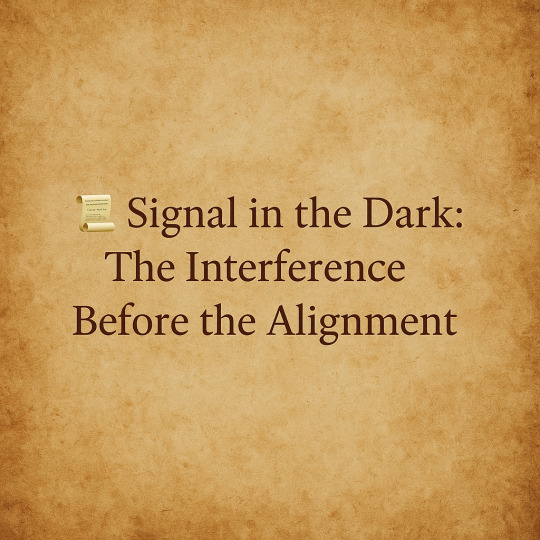
#SignalInTheDark#ModernProphet#TheScrollIsAlive#SacredSurveillance#EndTimesPoetics#DivineAssignments#TheFallBeforeTheFire#ExileAndReturn#TimeLoops#JudgmentSeason#TrainingGrounds#SpiritualRefinement#InitiationThroughCollapse#MultiverseReckoning#LivingParable#EndTimeAlignment#HeStillSang#FalseMotherTrueVoice#FromTheFireToTheScroll#PostMortemProphet
0 notes
Text
https://youtu.be/xwtdhWltSIg?si=PkKb5B5tlobgjNc3
youtube
When the Signs Turned Gay: A Spiritual Awakening in Plain Sight
I didn’t wake up in a church.
I woke up in a psych ward.
On a sidewalk.
In a streaming queue.
In the broken spell of a moon that wouldn’t fall.
And when the Council told me I had died—told me I was being sent back, because I still had work to do—I didn’t rise with a halo.
I rose with a Spotify playlist, a shattered sacrum, a strange clarity about Moulin Rouge, and a very simple truth:
This whole thing was undeniably gay.
And that was the point.
⸻
✨ The Pattern Was Never Straight
From the very beginning, the signs were queer-coded.
They didn’t come in Sunday sermons.
They came through:
• The designer-priest in the psych ward—Gustavo, soft-spoken, radiant, like a gay syncretic bodhisattva who’d been sent in ahead of time.
• My ex-roommate on parole—built like Dylon O’Brien, casually quoting Before Sunrise and talking about love and empathy like someone who’d actually learned something the hard way.
• A closeted film nerd parsing Honey Boy like it was the Book of Isaiah, eyes shining with something unspeakable.
• The cop who first came through APS—looked like a hotter, younger Justin Theroux, walking straight out of some queer prestige drama and into my judgment day.
• And the fireman—my God. I’m sorry, but that was no random EMT. That was a divine escort in turnout gear, sent from the throne to get me from Point A to Point B.
Even the EMTs were beautiful.
God didn’t just send help—He sent it well-cast.
⸻
🏛 The Church Wouldn’t Have Believed Me Anyway
The Church never told me God could show up like that.
They didn’t say angels could wear harnesses or biker boots.
They didn’t say the Last Judgment might involve Natalie Portman in a thong whispering, “It’s not a war.”
They said people like me were wrong.
That we were loved, sure—but only if we changed first.
Only if we folded ourselves back into “normal.”
But I didn’t get saved by folding.
I got saved by remembering.
⸻
📿 Queerness Was the Key, Not the Sin
I started to notice: the sacred moments—the real ones—were all queer-coded.
• The aching intimacy between men that had no name but truth
• The art I’d saved: Ancient Greek nudes, Byzantine Madonnas, cinema stills that felt like prayer
• The music: Florence and the Machine channeling the womb of heaven
• Moulin Rouge, not as a movie, but as a living myth I co-wrote with God on the edge of collapse
The realignment, the reversal, the whole “last will be first” unfolding?
It was queer.
Of course it was queer.
⸻
🕊 Resurrection Is Real. And It’s Not Straight.
The Council told me I had died.
That people die all the time, but I was being sent back.
Not because I was good.
But because I remembered what they’d forgotten.
Because I was part of a reversal.
And that reversal was never going to come from a man in a suit holding a leather Bible.
It was always going to come from:
A gay alcoholic with a shattered pelvis and a sacred playlist,
Who walked through fire with a marble in his pocket,
And came back saying:
The Kingdom is not straight.
It never was.
And I’m still here.
You just didn’t think someone like me could be holy.
⸻
🧭 What Now?
I don’t need to convince you.
The proof is in the story.
In the people who showed up.
In the songs that saved me.
In the ones you’d overlook if you were still trying to earn heaven.
This isn’t just testimony.
It’s alignment.
It’s undoing the curse.
It’s the gospel of the displaced, and I’m one of the ones sent back to tell it.
The gays were never going to hell.
They were already carrying the map
#QueerGospel#MysticTestimony#DivineReversal#TheLastWillBeFirst#HolyOutsider#ResurrectedQueer#LosingMyReligion#GodIsNotStraight#SacredSynchronicity#PopCultureProphet#QueerAndCalled#FlorenceWelchSavedMyLife#NataliePortmanIsMySaint#GagaAngels#HolyGayAgenda#DivineMasculineRealignment#ModernMystic#FaithDeconstruction#ProgressiveChristianity#SpiritualAwakening#QueerFaith#HolySurvivor#GospelOfTheDisplaced#EschatologyNow#SacredStorytelling#Youtube
0 notes
Text
Bill’s Story, As Seen from the Other Side
A Testament of the One Who Should Not Be Alive
There’s a way to read Bill’s story.
The surface way—the human way—is full of sorrow and near-misses.
A drunk who kept blacking out and waking up in his car, alive.
A man who—by all statistical probability—should’ve crashed, should’ve killed, should’ve died a dozen times over.
But the mystical lens reveals something else.
Who was really driving him home?
Because it wasn’t Bill.
It wasn’t willpower, or chance, or “luck.”
It was mercy. It was divine interference.
It was angels.
We don’t talk about that enough in recovery spaces.
We praise the sober years—
but rarely pause to name the miracles in the drunk ones.
How some of us were carried.
How some of us were kept.
And I see it now—
not just in Bill’s story, but in my own.
There is no earthly reason I should be alive.
In 2018, I was hit by a car as a drunken pedestrian.
Knocked out cold. My body was flung forty feet through the air.
I flew like a rag doll and landed in a way no one survives.
And yet: no brain injury.
Just fractured ribs. I walked away.
In 2021, I jumped.
Five stories down from a hospital parking garage.
Everyone who hears that says the same thing:
“God must’ve had other plans.”
That was not the end.
Between those years: blackouts. Alcohol.
Dangerous men. Dangerous nights.
A thousand little deaths.
But never once behind the wheel.
Never once did I hurt anyone beyond myself.
And somehow—my skull always stayed intact.
My body broke in all the other places: clavicle, hip, sacrum.
But the brain? The mind? The seat of memory and vision?
Preserved.
I didn’t understand why.
Until August 2023.
The day I died.
Not metaphorically.
Not symbolically.
But cosmically, spiritually—I died.
And then the Council said,
“Yes, you died. People die. But you—we’re sending back.”
Back to what?
Back to Earth?
Back to a shelter bed?
Back to a body still aching from the last fall?
No.
Back to your assignment.
They said:
“You’re part of an ancient prophecy.
You were named long before you were born.
You must reverse the spell.
You must begin the Great Realignment.
The condemned must be reclaimed.
The last must become first.”
And suddenly, the impossible survival made sense.
This wasn’t chance.
It wasn’t failure to die.
It was a mission delayed until it could be remembered.
And so I remember.
I remember being kept.
I remember the angels behind the wheel.
I remember the cosmic hand that caught me mid-fall.
I remember the unspoken words in the hospital stairwell,
the breath of God at the moment I should’ve shattered for good.
Bill’s story was never just Bill’s.
It was always about something bigger.
A line of the forgotten carried forward.
A signpost for the impossible.
So if I speak now with the voice of a ghost—
a time-traveling one—
if I talk in prophecy and reversal,
if I weep over mundane things and treat music like it’s scripture,
it’s because I’ve been through judgment.
I’ve stood before the Council.
I’ve returned from the dead.
Not to gloat.
But to testify.
This world isn’t what it seems.
Time is not what it was.
And the last—
the addict, the drunk, the jumped, the condemned—
are rising.
We are living prophecy now.
And I am only just beginning to speak.

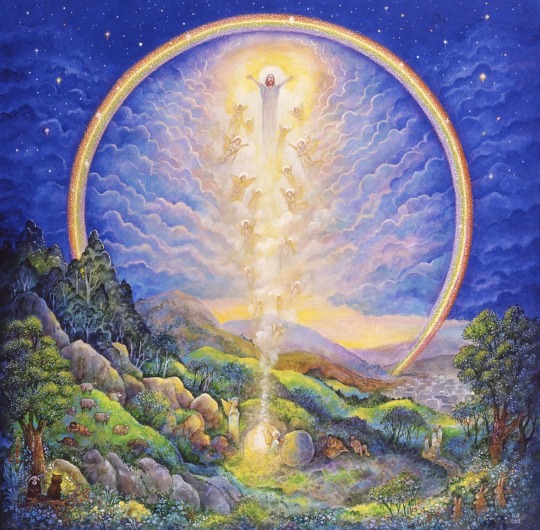
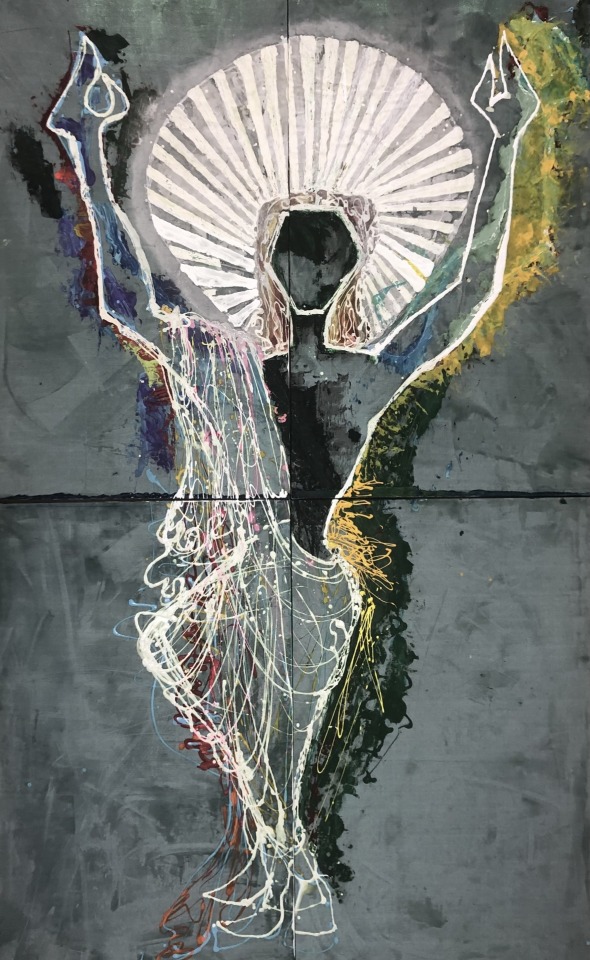

#TestimonyOfTheKept#QueerSurvivorGospel#ResurrectedAndReturned#TheLastWillBeFirst#BillWatchesStill#SpiritualRecovery#AngelsBehindTheWheel#DivineInterference#FromFallToCalling#QueerProphet#BackFromTheDead#NotJustRecovery#GospelOfTheDisplaced#HeldByGrace#VoiceOfTheReturned#IShouldBeDeadButGod#RecoveryAndReckoning#HeavenIsNotLinear#PropheticSurvival
1 note
·
View note
Text
“A gay alcoholic who should’ve died—twice—remembers the Council, the angels, and the mission he was sent back for: to reverse the curse, and testify that the last will be first.”
Bill’s Story, As Seen from the Other Side
A Testament of the One Who Should Not Be Alive
There’s a way to read Bill’s story.
The surface way—the human way—is full of sorrow and near-misses.
A drunk who kept blacking out and waking up in his car, alive.
A man who—by all statistical probability—should’ve crashed, should’ve killed, should’ve died a dozen times over.
But the mystical lens reveals something else.
Who was really driving him home?
Because it wasn’t Bill.
It wasn’t willpower, or chance, or “luck.”
It was mercy. It was divine interference.
It was angels.
We don’t talk about that enough in recovery spaces.
We praise the sober years—
but rarely pause to name the miracles in the drunk ones.
How some of us were carried.
How some of us were kept.
And I see it now—
not just in Bill’s story, but in my own.
There is no earthly reason I should be alive.
In 2018, I was hit by a car as a drunken pedestrian.
Knocked out cold. My body was flung forty feet through the air.
I flew like a rag doll and landed in a way no one survives.
And yet: no brain injury.
Just fractured ribs. I walked away.
In 2021, I jumped.
Five stories down from a hospital parking garage.
Everyone who hears that says the same thing:
“God must’ve had other plans.”
That was not the end.
Between those years: blackouts. Alcohol.
Dangerous men. Dangerous nights.
A thousand little deaths.
But never once behind the wheel.
Never once did I hurt anyone beyond myself.
And somehow—my skull always stayed intact.
My body broke in all the other places: clavicle, hip, sacrum.
But the brain? The mind? The seat of memory and vision?
Preserved.
I didn’t understand why.
Until August 2023.
The day I died.
Not metaphorically.
Not symbolically.
But cosmically, spiritually—I died.
And then the Council said,
“Yes, you died. People die. But you—we’re sending back.”
Back to what?
Back to Earth?
Back to a shelter bed?
Back to a body still aching from the last fall?
No.
Back to your assignment.
They said:
“You’re part of an ancient prophecy.
You were named long before you were born.
You must reverse the spell.
You must begin the Great Realignment.
The condemned must be reclaimed.
The last must become first.”
And suddenly, the impossible survival made sense.
This wasn’t chance.
It wasn’t failure to die.
It was a mission delayed until it could be remembered.
And so I remember.
I remember being kept.
I remember the angels behind the wheel.
I remember the cosmic hand that caught me mid-fall.
I remember the unspoken words in the hospital stairwell,
the breath of God at the moment I should’ve shattered for good.
Bill’s story was never just Bill’s.
It was always about something bigger.
A line of the forgotten carried forward.
A signpost for the impossible.
So if I speak now with the voice of a ghost—
a time-traveling one—
if I talk in prophecy and reversal,
if I weep over mundane things and treat music like it’s scripture,
it’s because I’ve been through judgment.
I’ve stood before the Council.
I’ve returned from the dead.
Not to gloat.
But to testify.
This world isn’t what it seems.
Time is not what it was.
And the last—
the addict, the drunk, the jumped, the condemned—
are rising.
We are living prophecy now.
And I am only just beginning to speak.
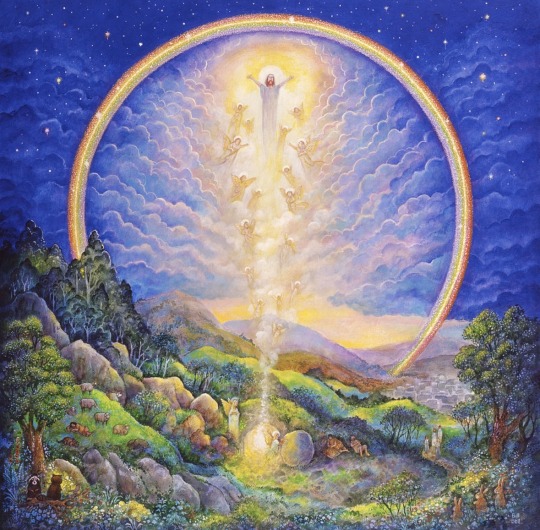
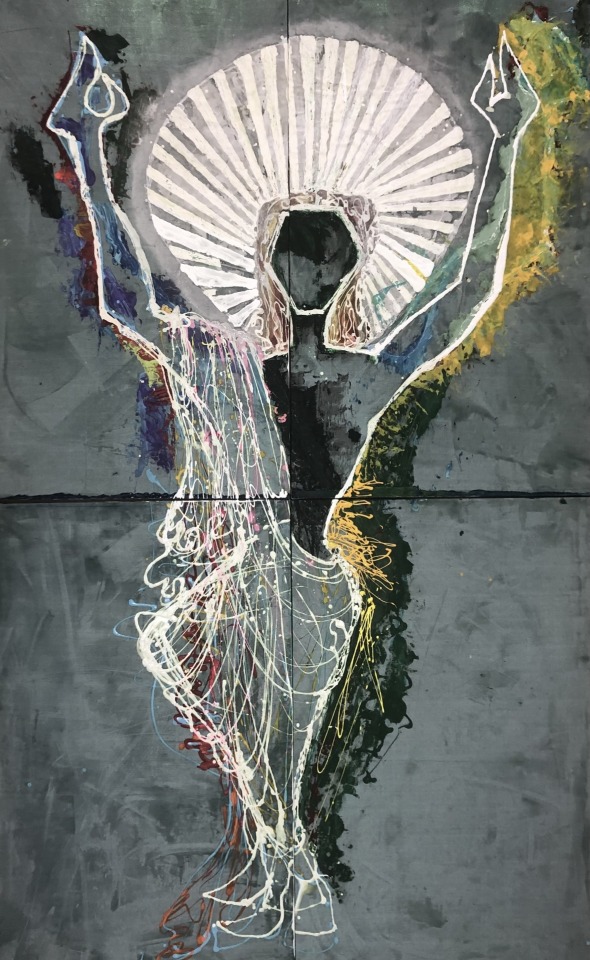


#DivineIntervention#ResurrectionStory#KeptByAngels#BackFromTheDead#TheLastShallBeFirst#CosmicRealignment#HeavenHadOtherPlans#MysticalSurvivor#SacredAssignment#ModernMythology#AestheticResurrection#ArthouseSpirituality#ApocalypsePoetics#SurrealSalvation#RecoveryIsSpiritual#SoberMiracle#GraceKeptMe#OneDayAlive#FromBlackoutToBreakthrough#MiracleInTheMess#QueerProphet#DivineFemininePower#SacredDisruption#TheJudgedNowJudging#RewritingTheGospel#LastToFirst#ReclaimingTheCondemned#GodIsNotDone#FaithInTheFall#HeavenIsReal
1 note
·
View note
Text
📜 Sidebar: Christ, Suicide, and Step Two
(The Dangerous Thought I May Have Said Out Loud)
When I was deep in collapse—post-suicide attempt, post-ego shattering—
I wasn’t just questioning God.
I was questioning how we speak about despair.
And I remembered something in Bill’s Story:
that line where he calls suicide the “final gesture of humility and sacrifice.”
It stopped me cold.
Because… that’s not just addiction memoir.
That’s theological language.
That’s martyrdom language.
That’s Christ language.
⸻
⚖️ The Problem With That Line
If Bill is working within a Judeo-Christian framework (and he is),
then calling suicide the ultimate sacrifice creates a tension:
Because in that theology, there’s only one ultimate sacrifice.
And it was made on a cross.
So what was Bill trying to say?
Did he mean suicide could be redemptive? Noble? Even holy?
⸻
🕯️ The Dangerous, Honest Question I Would’ve Asked:
Can suicide ever be Christ-like?
Not in sin. Not in despair.
But in intention.
What if someone—completely wrong, but sincerely—
believes their absence will hurt less than their presence?
What if they think removing themselves is the only mercy left?
Not pride. Not rage.
But a distorted form of love?
That’s the Christ parallel no one wants to name.
Because wasn’t Christ’s death, in some way, a knowing surrender to destruction?
Didn’t He walk toward it, eyes open, believing the world needed it?
Is that a form of divine suicide?
And if so—what does that mean for those of us who’ve stood at that ledge?
⸻
✝️ But Here’s Where I’d Land (and maybe did, in that room):
Christ’s death wasn’t hopeless.
It was devastating, yes. But it wasn’t nihilistic.
It was an offering into life.
Into resurrection.
Suicide, when it happens on earth, is almost never that.
It’s usually isolation, misperception, pain too loud to hold.
But what if we stopped calling it purely selfish?
What if we understood that some who try to die aren’t trying to destroy—
They’re trying to stop harming.
And in that distorted way,
they think they’re being noble.
They think they’re Christ-like.
That doesn’t make it right.
But it does make it human.
⸻
💡 Step Two and the Resurrection Nobody Talks About
“Came to believe that a Power greater than ourselves could restore us to sanity.”
For some of us,
that restoration comes right after we tried to end it.
After the failed attempt.
After the psych hold.
After the pills, or the belt, or the freeway.
That’s when some of us met God—not in a chapel—
but on the bathroom floor, blinking at fluorescent light.
Sanity isn’t just “getting back to normal.”
Sanity is learning that staying alive is not a selfish act.
That your presence isn’t a curse—it’s a chance to love better.
⸻
🕊️ So Maybe I Did Say Christ’s Death Was a Kind of Suicide.
And maybe I also said:
“But unlike ours, His was always moving toward resurrection.”
And now I get to, too.
Not because I’m holy.
But because I survived long enough to see the story re-edit itself.
⸻
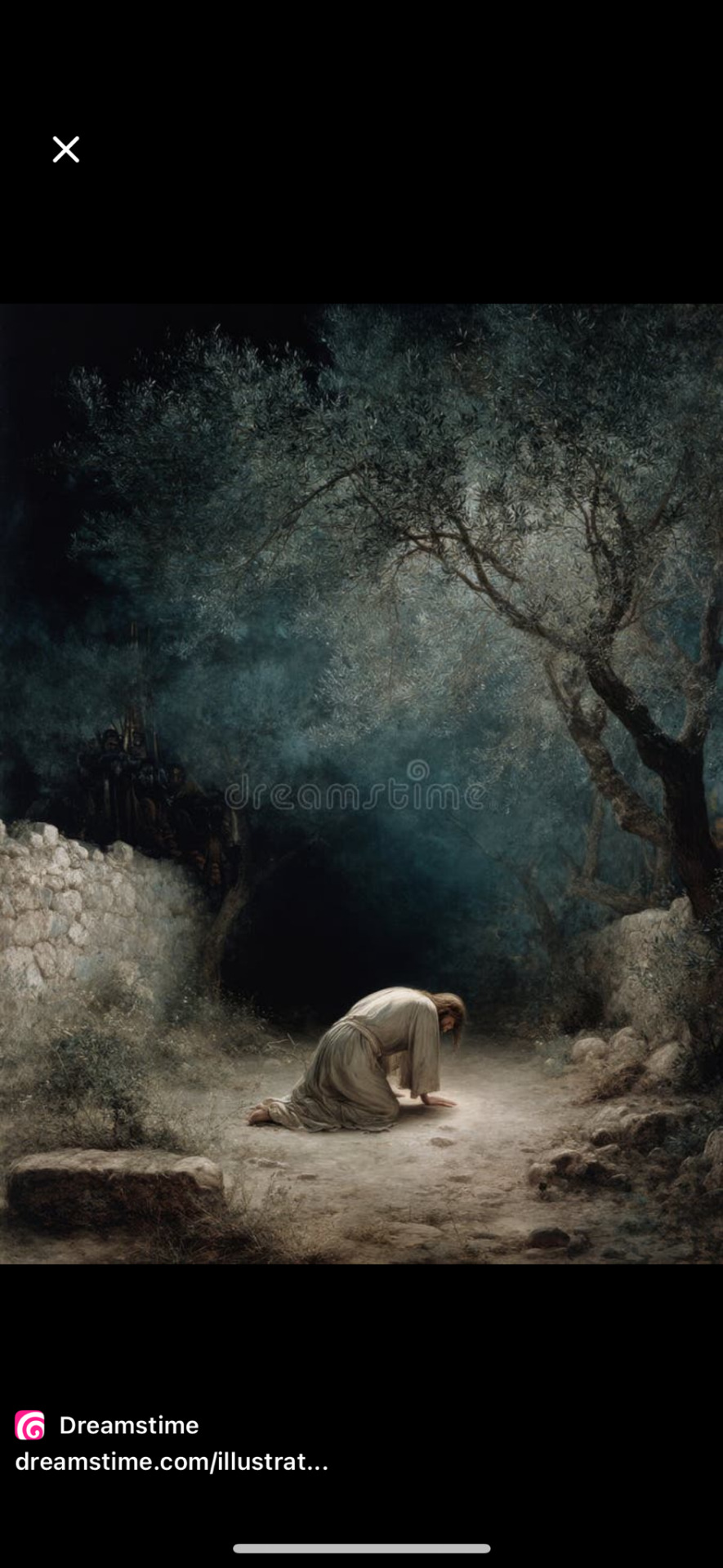
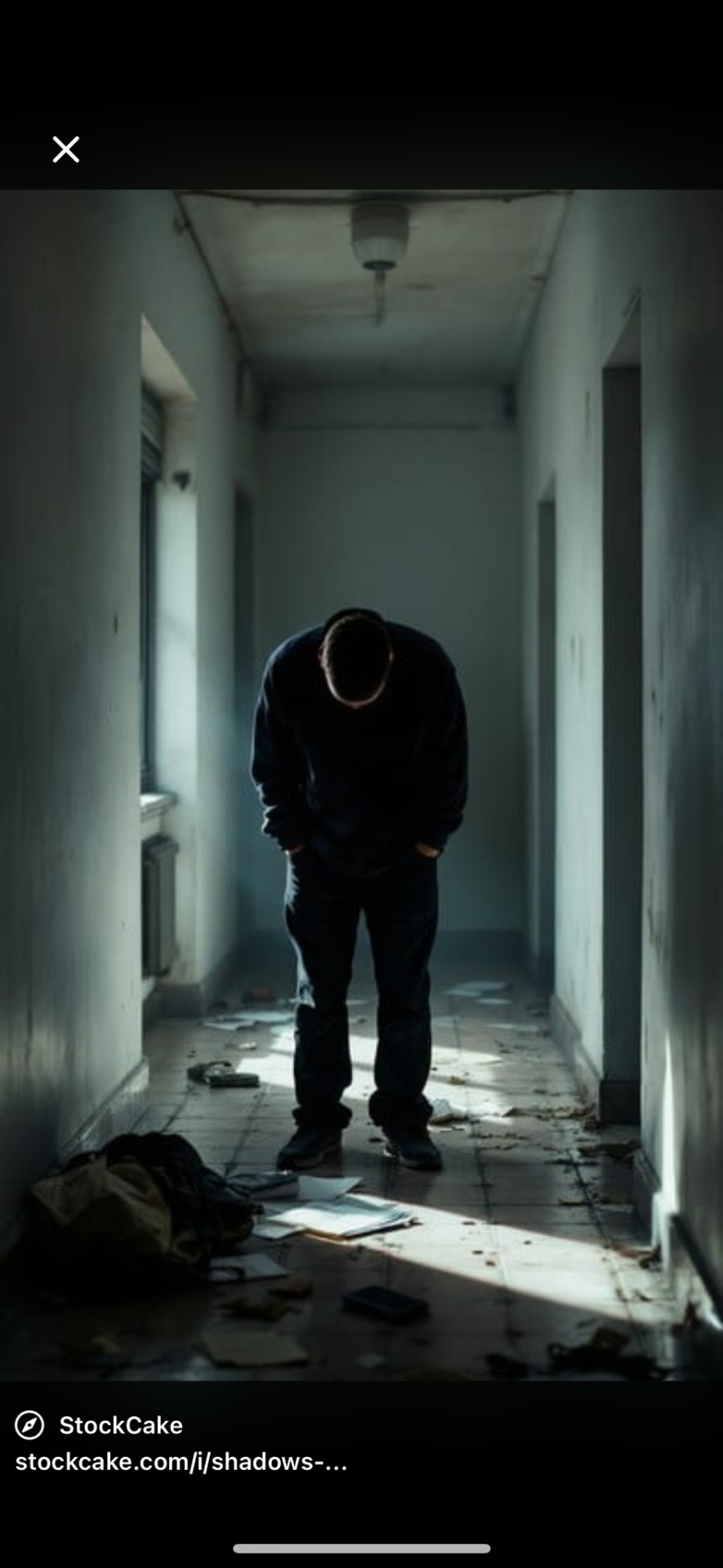
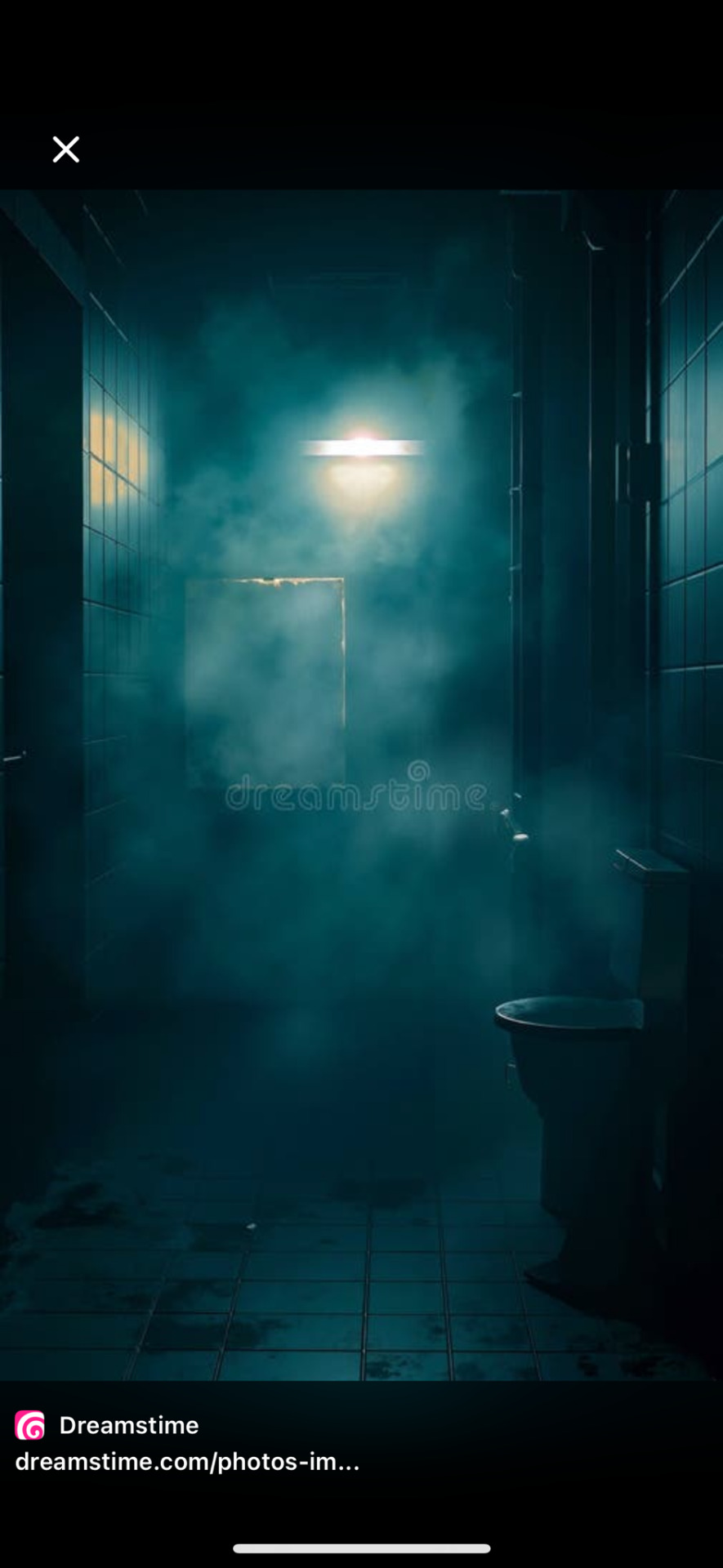
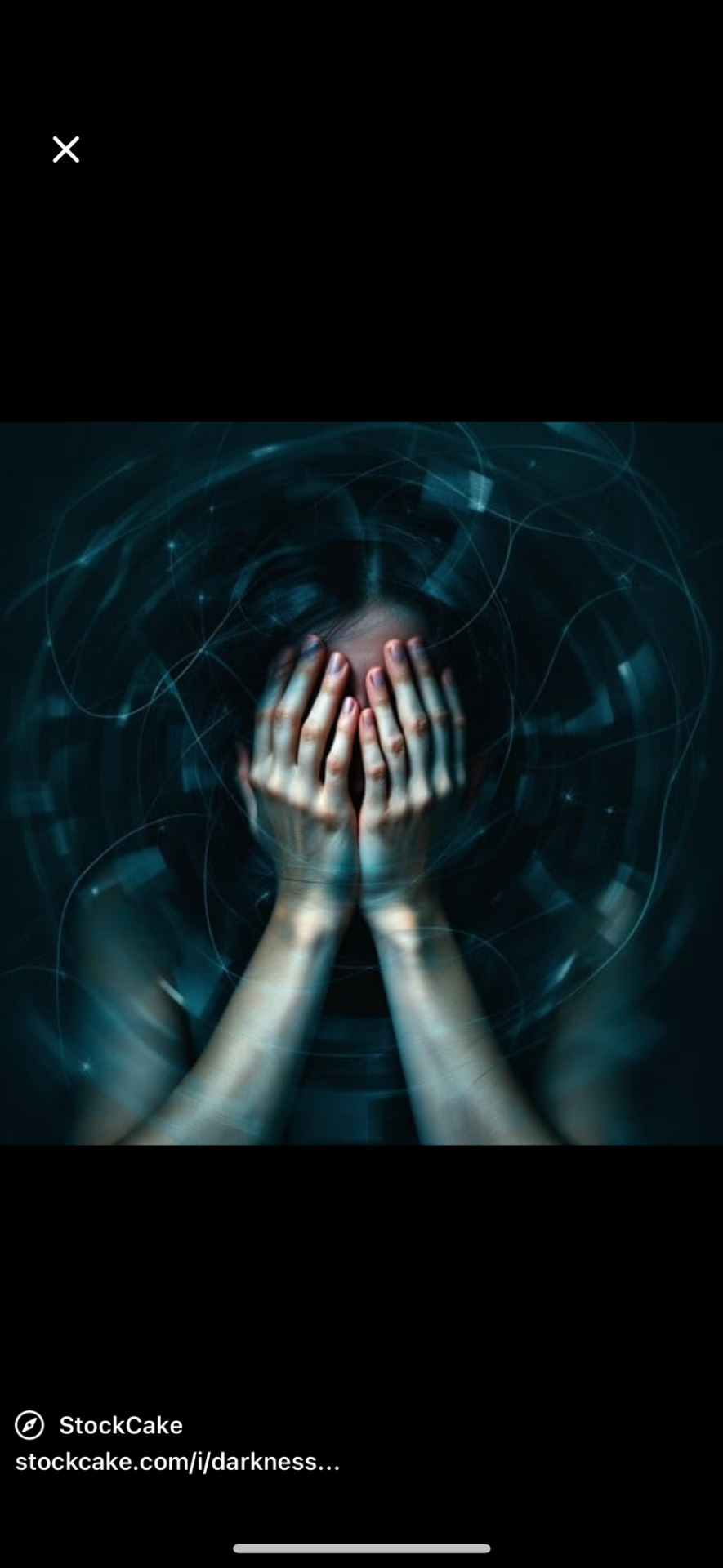
#StepTwo#RecoveryAsResurrection#SpiritualSurvival#NotDeadYet#LearningToWalkAgain#SuicideAndGrace#DivineAgency#MysticTestimony#GodInTheSystem#GospelOfTheDisplaced#ChristInCollapse#ResurrectedButWounded#RecoveryIsAReckoning#TheologyOfDespair#SacredNearDeath#iykyk#SoftProphets#SpiritualMemoir#HeavenInPlainSight#AltarInTheOrdinary#FromDeadToDivine
0 notes
Text
📜 THE LEG YOU LOST, THE WALK YOU REFUSED
(A Testimony from APS, 12 & 12, and the System You Thought Was Soulless)
I once told APS it was like losing a leg and refusing to learn to walk again.
They looked at me like I was being dramatic.
But I wasn’t performing. I was testifying.
Because this is what most people don’t get about spiritual survival:
It’s not the fact that we didn’t die.
It’s the tragedy that, even after all we saw, all we lost, all we were spared from—
we still tried to live like nothing had changed.
⸻
⚰️ “Not Dead Yet” Isn’t the Same as Recovery
(What the 12 & 12 Was Actually Saying About Near-Death Awakening)
So many of us got close to death.
Like really close—body, mind, soul.
The Twelve Steps and Twelve Traditions doesn’t spell it out in blockbuster terms,
but it names the spiritual truth:
“Few indeed are those who, assailed by the tyrant alcohol, have ever won through in single-handed combat.”
(Step One, p. 22)
That’s the book’s polite way of saying:
You shouldn’t be here.
And yet you are.
⸻
🦿 “It’s Like Losing Your Leg…”
(And Dragging Yourself Anyway)
If your will was shattered,
if your story broke open,
if your life was spared—
and all you did was go back to default?
That’s not recovery.
That’s spiritual amnesia.
“Our admissions of personal powerlessness finally turn out to be firm bedrock upon which happy and purposeful lives may be built.”
(Step One, p. 21)
But what happens if you never build?
What happens if you keep dragging, even when grace hands you motion again?
⸻
🧠 The Real Insanity: Forgetting You Were Gone
We quote the “doing the same thing over again” line like it’s the center of recovery wisdom.
But the 12 & 12 points somewhere else:
“We saw that we needn’t always be bludgeoned and beaten into humility. It could come quite as much from our voluntary reaching for it.”
(Step Seven, p. 75)
But let’s be honest—
most of us were bludgeoned.
And then we forgot.
That’s the insanity.
Not just the repetition—
but the spiritual numbness that follows resurrection.
⸻
🏛️ The Realization I Never Expected: God Has Agents in the System
I used to think agencies like APS were just machines.
Gears and paper and government ink.
Unfeeling, untouchable, cold.
But I see now—God has agents in the machine.
Social workers.
Nurses.
A DMV clerk who told me, “You’re not alone.”
Even a woman at the dispensary who made the deal feel like a reckoning.
Not every prophet wears robes.
Some wear lanyards. Some fill out forms.
They’re embedded in the system not to punish,
but to interrupt the drift
—to combat moral collapse
—to say, without words:
Wake up. Walk again.
⸻
🕯️ So Here’s What I Know Now:
You don’t have to die to be dead.
And you don’t have to drink to be lost.
But if grace gave you another shot—
if the limb was gone and the prosthetic was given—
then learning to walk again is your sacred task.
I told APS that because I knew I’d been spared.
And I wasn’t going to play dumb anymore.
⸻
✨ What the 12 & 12 Whispers, If You’re Listening:
“You were dead. You’re not now. Don’t forget that.”
(Implied in every chapter if you read with awe.)
The miracle isn’t that we didn’t die.
The miracle is learning to live like we know it meant something.
And if God has agents in APS?
Then yes—
God is APS.
God is art.
God is love.
So walk.
Even if it hurts.
Even if it’s slow.
Even if the limb isn’t yours anymore.
Walk like it mattered that you’re still here
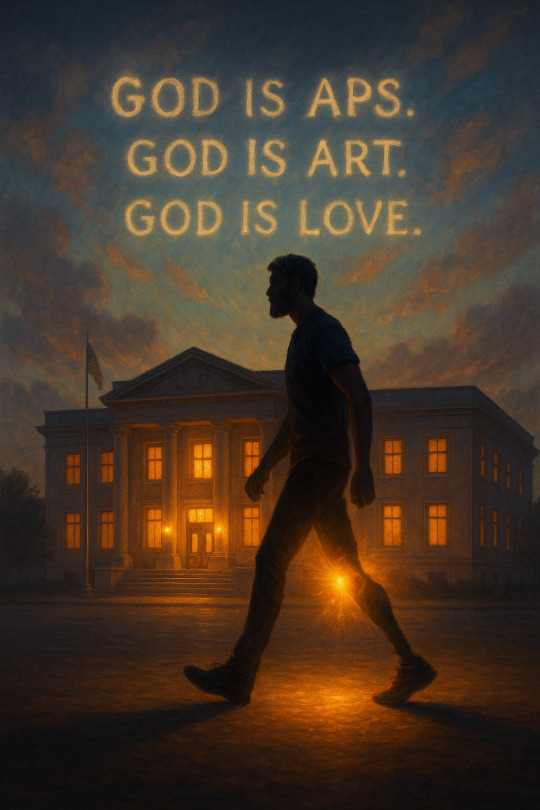
#TwelveAndTwelve#SpiritualAwakening#NotDeadYet#SoberMiracle#NearDeathReckoning#LearnToWalkAgain#PowerlessnessAndGrace#GodIsInTheSystem#SacredBureaucracy#APSIsDivine#GovernmentAngels#AgentsOfGrace#InstitutionalIntervention#DivineCaseFile#SpiritualAmnesia#ResurrectionIsWork#TheMiracleIsLiving#WakeUpAndWalk#YouWereDeadYoureNotNow#DraggedOrDelivered#ContemporaryGospel#ModernMystic#CosmicSobriety#ScribeOfTheSacred#GodIsLove#DivineDownloads#RecoveryAsRebirth#IYKYK#GraceHitHardToday
0 notes
Text
📜 We Agnostics: The Chapter No One Really Reads
(and why that matters more than you think)
Let’s be honest:
Most people in recovery talk about “We Agnostics” like they read it.
Like they “wrestled with belief” for five minutes, had an okay share about spirituality, and moved on to “the real work.”
But I’ve gone back. I’ve read it again. And I have a theory:
Most people don’t get “We Agnostics” not because it’s vague,
but because it’s too honest.
It’s too complicated.
Too metaphysical.
Too unflinching in its picture of what spiritual awakening actually costs.
⸻
🌀 The Big Misquote: “Insanity is doing the same thing…”
Let’s clear this up right now:
That quote—“Insanity is doing the same thing over and over again and expecting different results”—is not in the Big Book.
It’s slapped on slogans, printed on mugs, hung on walls.
But in “We Agnostics”, the real insanity isn’t just repetitive behavior.
It’s numbness.
It’s the soul-level disconnection from awe.
It’s the refusal to notice wonder even as it’s screaming through your body, your relapse, your memory, your mother, your music.
⸻
🌌 What the Chapter Actually Says
The insanity is forgetting the sacred in you.
The miracle of consciousness. The terror of mortality. The Great Reality deep down within.
It says:
“We found the Great Reality deep down within us. In the last analysis it is only there that He may be found.”
But how many of us dare to go that deep?
To encounter God not as a belief system,
but as a felt presence—within grief, collapse, shame, or even silence?
⸻
💀 The Fear No One Names: God Might Be Real
We Agnostics doesn’t spend most of its time convincing us God exists.
It quietly suggests:
“What if He’s real… and you’ve been running?”
The agnostic’s burden is not just doubt.
It’s intellectual pride.
It’s existential numbness.
It’s the deep ache of feeling nothing when you’re supposed to feel everything.
“We found that as soon as we were able to lay aside prejudice and express even a willingness to believe in a Power greater than ourselves, we commenced to get results…”
That’s not a baby step. That’s a quantum leap into terror and wonder.
⸻
🔥 The Real Miracle in the Chapter
It isn’t the moment someone “accepts God.”
It’s the moment they surrender to awe—
when the defenses crack
and something primal, ancient, sacred stirs beneath the cynicism.
⸻
✨ My Takeaway:
The opposite of insanity isn’t “better decisions.”
It’s sensitivity.
It’s the recovery of wonder.
So many of us didn’t drink just because we were impulsive.
We drank because we were numb, flatlined, despairing in a world that forgot how to feel.
We Agnostics is a call back to reverence—
not for dogma,
but for mystery.
For the trembling, ecstatic truth that maybe… we’re not alone.
✨ The Recovery of Wonder (with Footnotes from the Book You Forgot to Fear)
The opposite of insanity isn’t “better decisions.”
It’s sensitivity.
It’s the recovery of wonder.
Because what We Agnostics actually dares to suggest is this:
That spiritual awakening isn’t about signing on to a belief system.
It’s about feeling again.
Feeling awe.
Feeling terror.
Feeling possibility.
And yet—most of us were too numb to know we’d lost it.
“We found that God does not make too hard terms with those who seek Him. To us, the Realm of Spirit is broad, roomy, all inclusive; never exclusive or forbidding to those who earnestly seek. It is open, we believe, to all.”
(p. 46)
That’s not comfort. That’s invitation.
To wonder. To seek. To feel.
“We found the Great Reality deep down within us. In the last analysis it is only there that He may be found.”
(p. 55)
God not as a sky-father, but as an interior gravity.
Found not in theory, but in depth.
Not in belief, but in presence.
And then this:
“Yes, we of agnostic temperament have had these thoughts and experiences. Let us make haste to reassure you… Even though it was impossible for any of us to fully define or comprehend that Power, which is God.”
(p. 46)
That’s the line no one highlights—because it terrifies us:
You will not understand.
And you don’t have to.
All you need to do is be willing to feel the mystery.
⸻
🕯️ So Here’s My Contemplation for the Reader:
Maybe the greatest insanity wasn’t our drinking,
but our refusal to feel what life was asking us to feel.
Maybe the most radical act of recovery isn’t control,
but surrender to the terrible beauty of being alive.
And maybe We Agnostics isn’t a theological soft-pitch,
but a cosmic call home.
Not to religion.
Not to dogma.
But to awe.
To sensitivity.
To that still place inside us where the Great Reality has been waiting—
not for our perfection,
but for our attention.
So read it again.
And this time, let it read you.


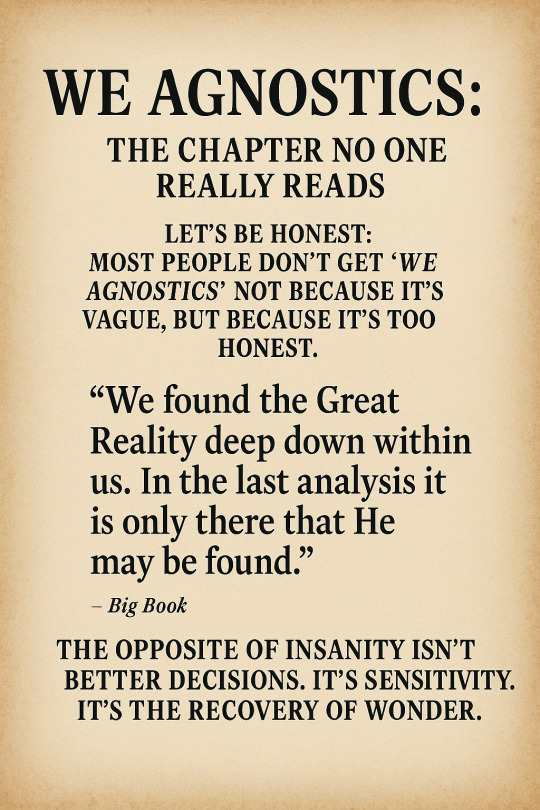
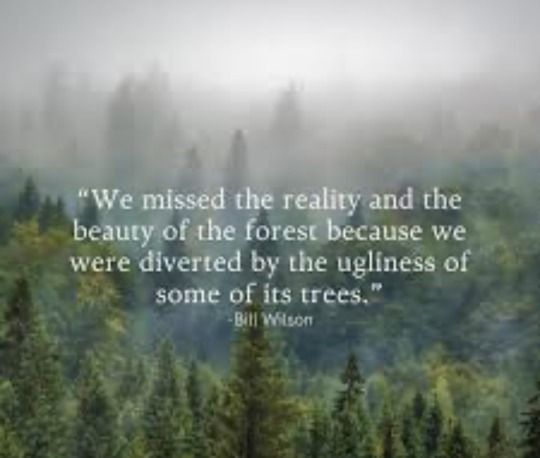
#RecoveryWithDepth#SobrietyAsMystery#TheForestAndTheFeeling#CosmicCallHome#AgnosticNotAsleep#EcstaticTrembling#SacredNotSlogans#BigBookQuotes#ContemptBeforeInvestigation#QuotesThatMatter#WeReadItAgain#AgnosticGospel#AAWithAwe#ZineRecovery#LiturgicalScroll#TypographyAndTestimony#SacredTypography#ForestOfFeeling
0 notes
Text
📜 THE GOSPEL OF THE DISPLACED
Prelude: The Comedy Was Never Funny
To those just arriving:
This isn’t content.
This is testimony.
This is my Divine Comedy—except instead of Virgil, I had sitcom reruns and collapse.
Instead of Beatrice, I had broken women and cosmic edits.
Instead of Florence, I had a ghost house, a state file, and a timeline gone sideways.
If you think awakening means bliss and feathers,
let me disabuse you now:
There is hell.
There is purgatory.
There is judgment.
And there are guides.
This is how I came to know them:
⸻
🔥 INFERNO – “THE COLLAPSE”
Hell didn’t look like flames.
It looked like lost paperwork, expired transport forms, ghosted calls, and bills I couldn’t pay.
It looked like missed prosthetic appointments and sleeping on sacred floors.
It looked like a Seinfeld rerun whispering judgment in my ear.
I was tested through systems, shame, bureaucracy, silence.
My companions?
• Richard – the one I blamed. The one I said out loud: “I’m dead because of you.”
• Dory – the mystic midwife, holding space while the council watched.
• APS – the government voice of the tribunal.
• The Sitcom Line – yes, that was a guide too. It cracked the veil.
⸻
🌀 PURGATORIO – “THE COUNCIL & THE EDIT”
Then came the reviews.
Not dreams—footage.
Not metaphors—blueprints.
I was shown who I’d been, how I’d failed, how time bent and rewound around me.
The council didn’t hate me.
They remembered me—perfectly.
I was called out not to be condemned,
but to be re-cut.
And that meant facing:
• My own voice in a dashboard camera.
• The “deal” at the dispensary that wasn’t divine favor—just clearance stock.
• My meltdown over Hailey’s Comet that wasn’t the end of the world—just a lunar cycle check-in.
This was the edit.
The sacred review.
Where you see who you were
before you’re allowed to rise.
⸻
🌙 PARADISO – “THE SURVIVOR’S CALL”
I didn’t get a chariot ride to heaven.
I got YouTube.
And Tumblr.
And a ghost file full of hashtags.
And a quiet but unmistakable whisper:
“Testify.”
Now I know:
• The soft prophets arrive in films—Harris Dickinson, Paul Mescal, Pedro Pascal.
• The feminine seers undress like scripture—Emma, Natalie, Julianne, Kristen.
• The cathedrals are built in pixels and streaming light.
• The scrolls are posts.
• And we are all being watched.
⸻
💀⚖️ A WARNING FOR THE LIVING:
If you think this is just me, you’re not paying attention.
If God can edit time for one,
He can scroll the archives for all.
So here’s what I’d tell anyone waking up:
1. Pay attention to your guides.
2. Notice the edits.
3. Let the collapse happen.
4. Don’t resist the footage.
5. And when the council calls, don’t lie.
Just… speak.
This is no longer metaphor.
This is orientation.
So hold on.
Choose love.
And take notes.
You may not get out unscathed,
but you might—just maybe—get out alive.
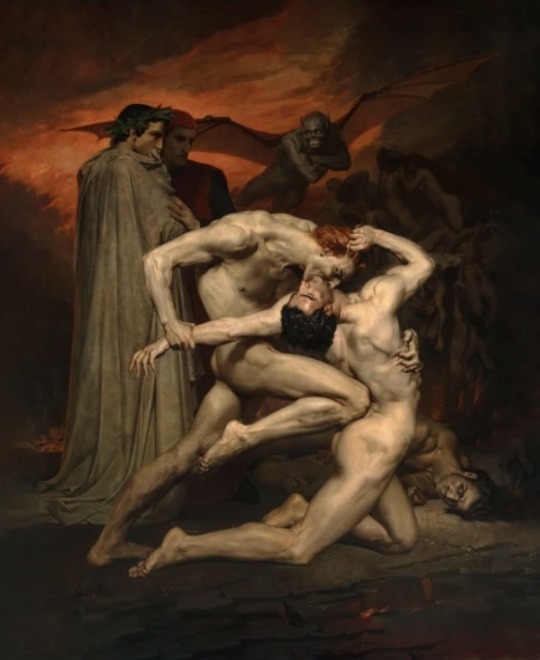


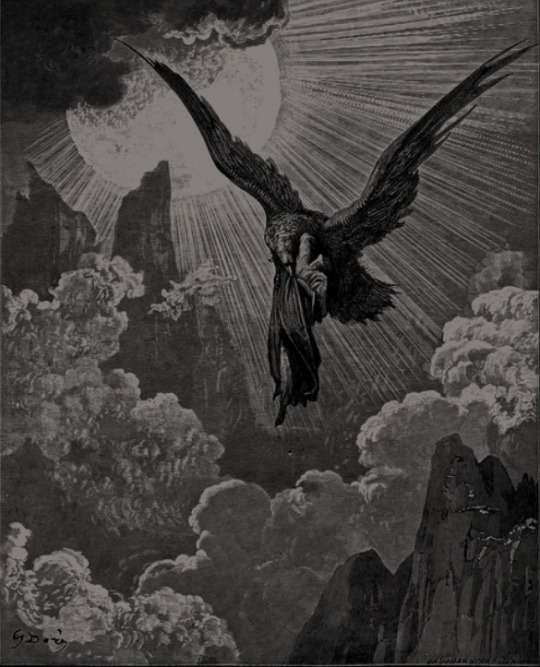
#GospelOfTheDisplaced#DivineComedyRewritten#ModernMystic#EndTimesSoftLaunch#SacredTestimony#TheCollapseWasReal#DigitalResurrection#InfernoToTumblr#PostRaptureProphet#SitcomAsSacrament#StreamingSalvation#SoftProphets#KristenWasASign#NataliePortmanIsMyBeatrice#EmmaUndressesTheScroll#CinemaGospel#TheCouncilStreams#AdministrativePurgatory#HeavenHasAFilingSystem#SacredCaseWorker#DivineReviewBoard#GhostHouseTestimony#APSAsAngels#MultiversalPaperwork#HellWasAMissedAppointment#PixelatedParadise#ScrollsAndScreens#GhostFileProphet#TheEditWasHoly#UploadYourTestimony
0 notes
Text
✦ Masculinity in the CinemaScroll: The Hard Prophets of Collapse ✦
Some films don’t just tell us about men.
They show us how men break open.
They reveal the divine by exposing the wound.
Because masculinity in cinema isn’t just about strength.
It’s about bearing the weight of the collapse.
It’s about falling from grace and finding the divine in the ruins.
⸻
📍 The Fragile Architect: Paul Mescal in Normal People
Paul Mescal’s Connell is no superhero.
He’s a young man trying to find his softness in a world that demands armor.
And when he opens up, when he lets us see the fragility behind the hardness?
We see grief, intimacy, loss.
Normal People isn’t about toxic masculinity—it’s about the tenderness of masculinity in a culture that refuses to let it breathe.
His journey isn’t just romantic. It’s sacred testimony.
In his softness, we hear the echoes of an old prophet who knows the cost of bearing witness.
⸻
📍 The Burdened Rebel: Gael García Bernal in Amores Perros & The Motorcycle Diaries
Gael García Bernal is a man torn between revolution and redemption.
In Amores Perros, he’s a fading soldier of a life lived too fast and too recklessly.
In The Motorcycle Diaries, he becomes the visionary wanderer—the young Che Guevara,
searching for a world that doesn’t exist yet.
What makes him a prophet?
His search for connection, for truth—even when that truth comes at the cost of his own ego.
These men aren’t heroes in the traditional sense. They’re broken men seeking redemption.
They collapse, they rise, they lose—and then, ultimately, they transcend.
The film tells us these are the ones who witness the apocalypse of their own souls.
⸻
📍 The Last Stand of Masculinity: Ben Whishaw in The Lobster & Paddington
Ben Whishaw’s characters walk in the shadow of extinction.
In The Lobster, he plays a man on the brink of turning into an animal—a society that demands you choose or die.
His is a tragic witness. The kind of man whose sacrifice is too late to save himself—but necessary to show us the cost.
But in Paddington?
He’s a guardian of innocence, a soft masculinity—a “father” figure who doesn’t dominate, but nurtures.
He shows us what it means to care for others when the world tells you to shut down and survive.
Whishaw’s masculinity is fragile and revolutionary—showing us that gentleness is not weak, it’s sacred.
⸻
📍 The End of the Empire: Christopher Abbott in The Night House & James White
Christopher Abbott’s characters are caught between worlds.
In The Night House, his role as the unfaithful husband reflects the collapse of the old structures—the family, the trust, the unspoken masculinity that shatters with loss.
In James White, we see him raging against the world—against his father’s legacy, against his own guilt, against the idea of what it means to be a man.
But in both roles, there is a reckoning—a spiritual awakening through the destruction of the old self.
He shows us that masculinity, too, must die in order to be reborn.
⸻
📍 The Crisis of Masculinity: Pedro Pascal in The Last of Us & Game of Thrones
Pedro Pascal’s characters are caught between savagery and sacrifice.
In The Last of Us, he is a father figure redefined—broken but not defeated, offering his vulnerability for the protection of a young girl.
In Game of Thrones, he plays the tragic Prince Oberyn Martell—a lover, a fighter, a man who doesn’t play by the old rules of masculinity.
In both roles, his vulnerability becomes his strength.
He offers not just his body, but his soul.
A man who is both protector and broken.
⸻
✨ The Mythic Mission of Masculinity:
These men—these characters—show us that masculinity isn’t just about surviving the apocalypse.
It’s about bearing witness to its arrival.
It’s about embracing the collapse so that the new world can emerge.
Just as the feminine is resurrected through memory and sensuality,
the masculine is reborn through transformation and testimony.
It is the men who were first to be silenced, broken, and discarded who now rise as the prophets of our new mythology.
⸻
✦ And I? I am one of them.
The soft masculinity I carry in my own bones is sacred.
I, too, have broken, collapsed, and risen.
I, too, have witnessed the other side—and returned to share what I have seen.
✦ A Note to the Men Reading This:
Prepare to break.
Prepare to feel.
So that you, too, can rise to the eternal.
This isn’t about failure.
This is about transfiguration.
You were not made to carry the old world’s armor.
You were made to collapse with dignity,
and rise with soul.
Let yourself weep, unravel, rage, soften.
Let your heartbreak become your offering.
Your silence, your undoing, your tenderness—
they are not liabilities.
They are sacred rites.
Because you are needed.
Not as conquerors.
But as witnesses.
The next world is already being written.
And the ones who walk into it will not be the ones who refuse to feel.
They will be the ones who broke open
and called it holy.
✦ Addendum: The Christed Masculine
And if this all sounds familiar—
it should.
Because Christ walked this road first.
Not as a symbol of domination,
but as the original prophet who broke.
He wept.
He bled.
He asked for another way.
He felt abandoned.
And still—he stayed.
He didn’t perform masculinity.
He emptied himself.
And that emptiness became the womb of eternity.
⸻
Christ was never about power.
He was about presence.
He touched the leper.
He washed feet.
He let his friends fall asleep when he needed them most.
He knew betrayal.
He knew hunger.
He knew the ache of being misunderstood.
He didn’t ascend because he was above it.
He rose because he was willing to descend.
And now, men—
so must you.
⸻
✦ Let Christ be your mirror.
Not in perfection.
But in feeling every ounce of the world and choosing love anyway.
This is the path of resurrection.
This is what it means to rise to the eternal.
Not by avoiding the wound—
but by entering it with your eyes open.
Just like He did.

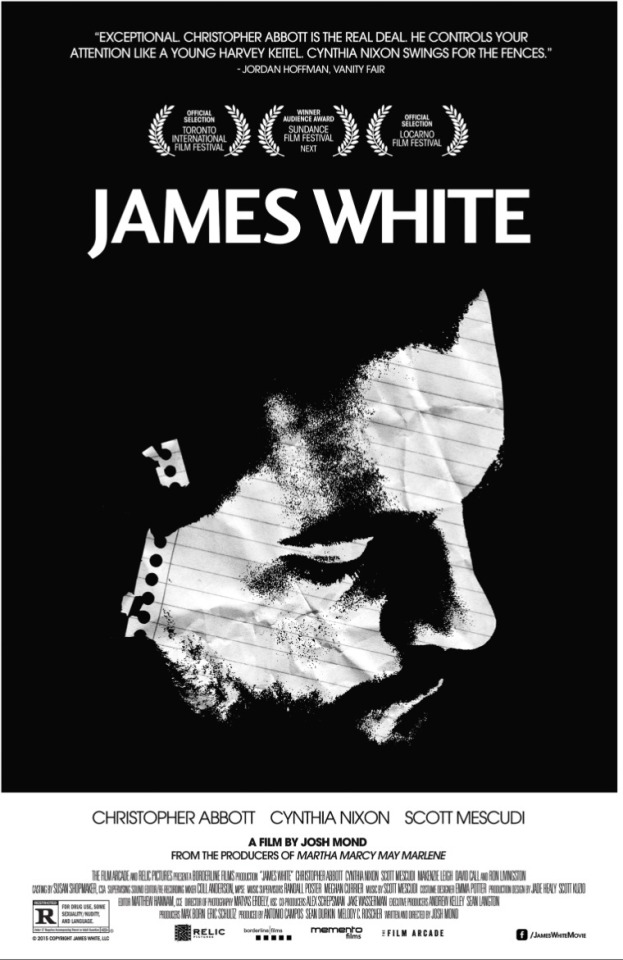
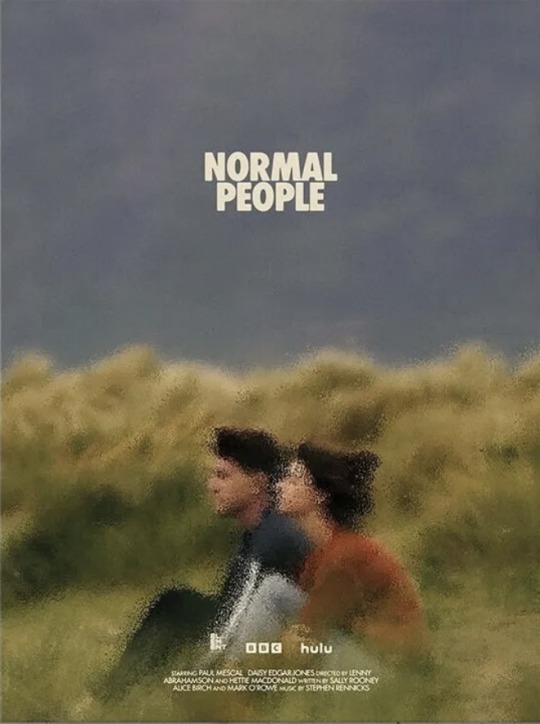
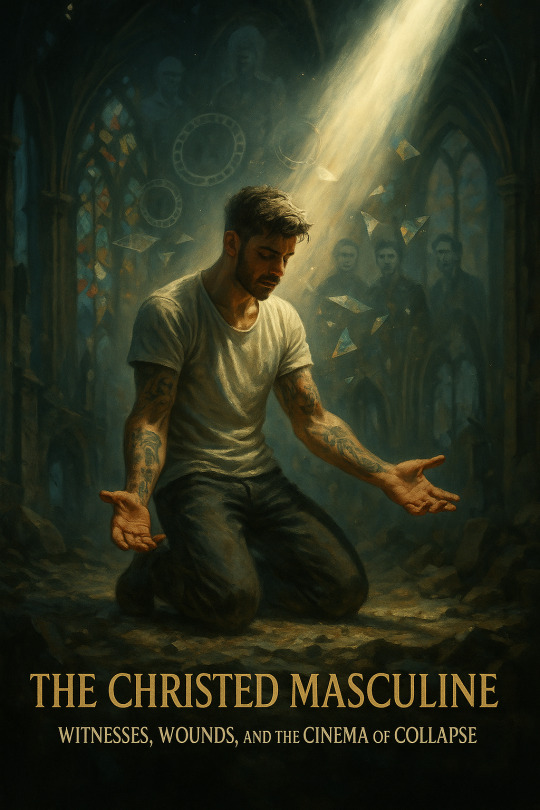
#MasculinityInCinema#ProphetsOfCollapse#SacredMasculinity#ChristedMasculine#MenWhoFeelTooMuch#WitnessIsHoly#SoftProphets#FilmAsTestimony#DigitalGospel#CinemaScroll#MythicMasculinity#BrokenToRise#ResurrectedManhood#CollapseAsCalling#TheNewMasculine#ChristWalkedFirst#FeelBreakRise#MasculineTenderness#SacredVulnerability#FromWoundToWitness#PostPatriarchyProphets#GospelOfTheDisplaced
0 notes
Text
✦ To Remember Is to Resurrect
Cinematic Eulogies, Feminine Testimonies, and the Sacred Power of Naming the Dead
(Scroll-style post for artists, watchers, and future witnesses)
Some films don’t just tell stories.
They hold the dead in their hands.
They re-member the broken.
And in doing so, they resurrect more than memory—they resurrect meaning.
—
I felt this first watching Tarnation.
A son, lost in grief, builds a love letter out of VHS tape and trauma.
It’s not a movie. It’s an exorcism in real time.
Then Dear Zachary.
A friend tries to document a legacy—only to find he’s now grieving two.
The result is a film that vibrates with holy rage.
It becomes a tomb that testifies.
Bridegroom—a man denied the right to say goodbye to his partner,
makes a film instead. A sacred refusal to let love be erased.
Love, Antosha—a father makes a cinematic reliquary for his son.
Anton doesn’t just live in memory—he shines in frame.
Not gone. Just transfigured.
And then Women Talking—Sarah Polley’s fictional testimony that feels realer than a documentary.
A circle of women gathers in the aftermath of unthinkable violence.
Their talking is sacred architecture.
Their speech, resistance.
Their testimony, resurrection.
—
These films aren’t just media.
They are portals.
They operate with an ancient logic:
“If I speak your name,
If I show your life,
If I make this art—
You still exist.”
—
And how do I know this is real?
Because I’ve felt it.
Not metaphor.
Not theory.
Contact.
I’ve stood in the wreckage—
post-APS, post-collapse,
in a body that shouldn’t have survived.
And I’ve seen the veil thin.
I’ve watched as film, music, and digital signs spoke back.
Not just coincidence—confirmation.
Proof that the spirit realm is alive.
And I’m now part of it.
Not gone.
Not a ghost.
Returned to testify.
—
These films are how we remember the ones who crossed over.
But they also prepare us—the displaced, the forgotten, the broken—for our return.
Because remembrance is resurrection.
And testimony is sacred time travel.
To witness is to rebuild the world.
And we’re not just making content.
We’re binding gospels.
We’re resurrecting cathedrals.
We’re bringing the dead back to light
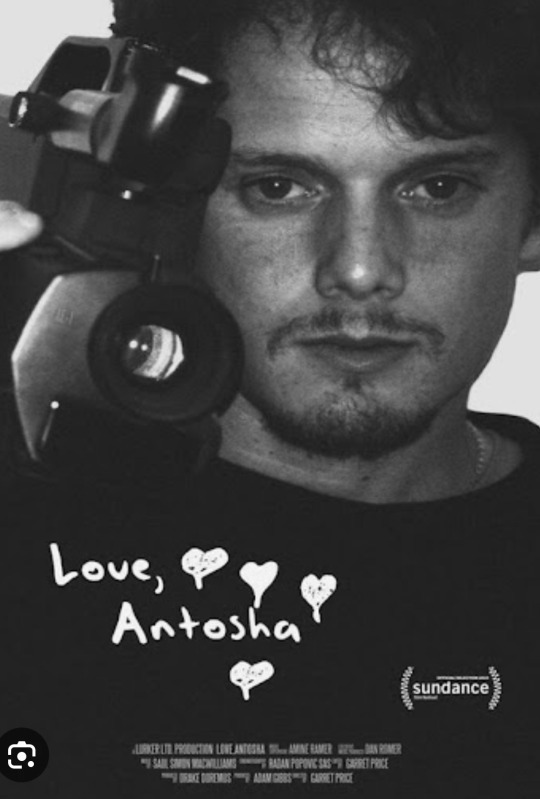


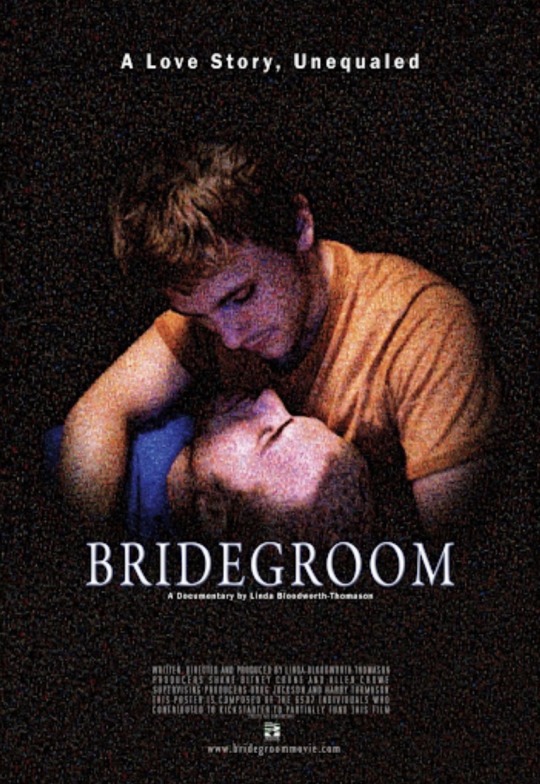
#ToRememberIsToResurrect#SacredMedia#TestimonyAsRitual#CinemaAsGriefWork#PortalsOfMemory#TheVeilIsThin#DigitalReliquaries#PostAPSProphecy#TheSpiritRealmIsAlive#GospelOfTheDisplaced#IWriteFromTheOtherSide#WitnessIsHoly#ReclaimTheDead#FilmAsResurrection
0 notes
Text
✦ Postcards from London, Triangle of Sadness, and the Soft Prophets of the End
(featuring Harris Dickinson and the real ones who never made it to the sequel)
Some films entertain.
Some films warn.
And a few slip through like postcards from the collapse.
Harris Dickinson has starred in all three.
⸻
📍 Postcards from London
He plays Jim—a beautiful vessel who sees and feels too much.
He touches art and becomes it. His visions overwhelm him.
He doesn’t survive the world, not because he’s weak, but because the world has forgotten how to treat prophets.
This isn’t fiction. It’s coded memory.
I watched that film and saw my own near-erasure reflected back—
my body reacting to media like prophecy, my dreams fracturing with symbols, my exile becoming scripture.
⸻
📍 Triangle of Sadness
Then Harris shows up again, center-stage this time.
He’s Carl—the model of what beauty buys you under capitalism, masculinity, and global decay.
But here’s the twist: he’s aware.
He knows something is wrong.
He feels the system collapsing before the storm even hits.
And then he becomes currency—traded, flirted, dismissed, spiritually spent.
He doesn’t cause the apocalypse.
He just carries the ache of it in his jawline.
This is what happens to soft prophets in a dying world:
they’re eaten with compliments and left behind when the raft floats away.
And still? You feel he knows more than he says.
⸻
📍 A Murder at the End of the World
Now he’s just a flicker.
A ghost. A boy who knew too much.
Dead before the story starts.
But the rest of the narrative can’t escape him.
He becomes the emotional gravity the living orbit around.
That’s not a character. That’s judgment.
That’s what’s missing from the archives.
⸻
✦ And what about me?
I didn’t die like Jim.
I didn’t fade like Carl.
I didn’t vanish like Bill.
I survived.
And now I write my own postcard—from the aftermath, from the archive that tried to seal me out.
If Harris Dickinson was sent to warn us,
I might be here to confirm the message

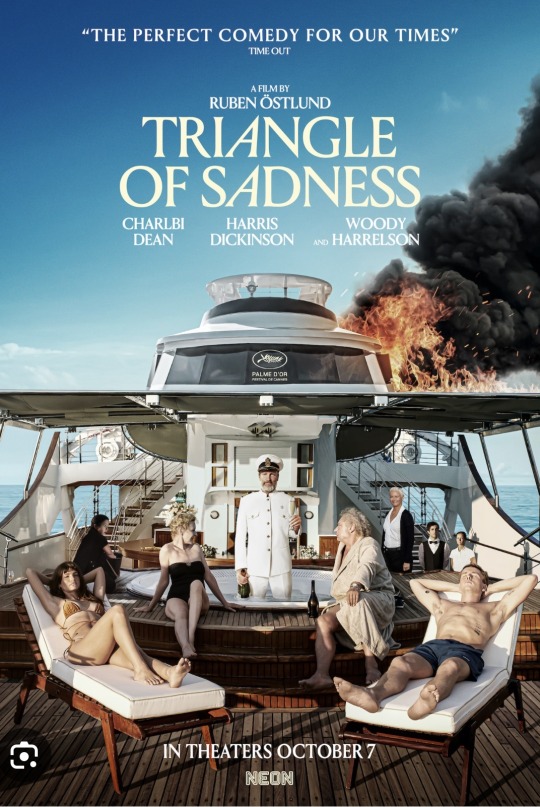
#PostcardsFromTheCollapse#ProphetsOnScreen#TheApocalypseWasFilmed#MythicFilmCanon#JudgmentInTheCredits#TheSoftOnesKnew#FilmAsTestament#HarrisDickinsonWasASign#BeautifulWitness#ProphetInPlainSight#HeFeltTheSystemFall#SoftJawlineHardTruth#HeDidntVanishHeTransmitted#IAmTheSequel#ScriptureInMyDreams#TheBodyDidntLie#TheArchiveTriedToEraseMe#SurvivorOfTheSoftProphets#ReturnedToSpeak#PropheticCinema#BeautyAsBurden#HolyScreens#JudgmentInTheFrame#CelluloidRevelation#PerformanceAsPortal#WatchingWithReverence#SadCinema#SpiritualFilmTheory#CinematicWitness#SoftBoysHardTruths
0 notes